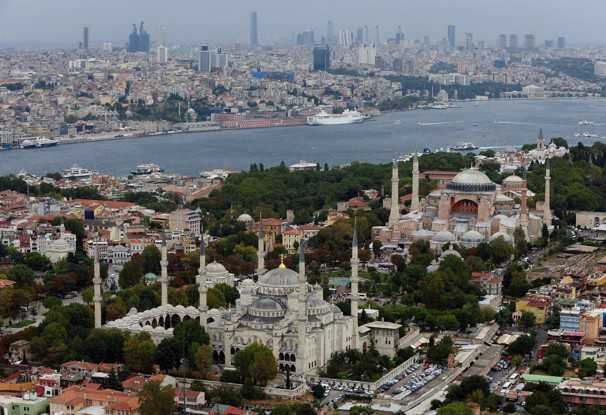REPORT PDF FILE
OECD questions Turkey’s implementation of the OECD Anti-Bribery Convention
08/01/2008 – The OECD Working Group on Bribery has serious concerns about
Turkey’s implementation of the OECD Anti-Bribery Convention. Turkey, a
Party to the Convention since 2000, has yet to implement key elements of
the Convention, including introducing corporate liability for the bribery
of foreign public officials and effectively enforcing its foreign bribery
offence.
The Working Group recommends carrying out another on-site visit to Turkey
within one year to check on progress by the Turkish authorities to remedy
these and other issues.
Turkey, for example, repealed corporate criminal liability for the offence
of foreign bribery in 2005 and replaced it with “security measures” that
do not meet the standards of the Convention. In addition, Turkey dismissed
an investigation of a foreign bribery case allegedly involving a Turkish
holding company and Turkish nationals in another country, for reasons that
do not satisfy the Working Group. The case resulted in charges against the
president of the company and several other company officials in the other
country. Turkey also took two years to act on allegations of illicit
payments to the Iraqi government by 139 Turkish companies in the United
Nations Oil-for-Food Programme.
In addition to recommending that Turkey urgently rectify these problems,
the Working Group recommends that Turkey:
Repeal a provision in the Turkish Criminal Code that releases offenders
from penalties for the foreign bribery offence in exchange for having
reported the offence to the law enforcement authorities;
Expressly deny the tax deductibility of bribes to foreign public officials
in the tax law; and
Urgently establish awareness-raising programmes on foreign bribery for the
Turkish public and private sectors.
The Working Group recognised that Turkey took an important step by
amending its foreign bribery offence in 2005. Progress on certain
supplementary issues include efforts made by T|rk Eximbank, Turkey’s
official export credit support agency, MASAK, Turkey’s financial
intelligence unit, and the Ministry of Finance, to publicise the
Convention. T|rk Eximbank has also undertaken training and informational
activities for staff and applicants for export credit support. Other
initiatives include the preparation of regulations by MASAK to improve
suspicious transaction reporting of money laundering transactions, the
submission to Parliament of a draft Witness Protection Act, and an
initiative to bring Turkish accounting standards in line with
International Accounting Standards.
The Phase 2 Report on Turkey lists the Working Group’s recommendations to
Turkey on pages 62-66, includes an overview of the findings of the Working
Group in the Phase 2 examination, and describes specific legal and policy
features in Turkey for combating the bribery of foreign public officials.
The future report on Turkey’s additional examination will also be
published. In addition, as with all other OECD Working Group members,
Turkey will orally report to the Working Group on its actions to implement
the Working Group’s recommendations after one year. Turkey will also
submit a written report to the Working Group within two years, which will
be published on the OECD website.
For further information, journalists are invited to contact the OECD’s
Media Division (tel. (33) 1 45 24 97 00) and for more information on the
OECD’s work to fight corruption, visit www.oecd.org/daf/nocorruption.
Also available:
L’OCDE s’interroge sur la mise en uvre par la Turquie de la Convention
anticorruption de l’OCDE (French)
